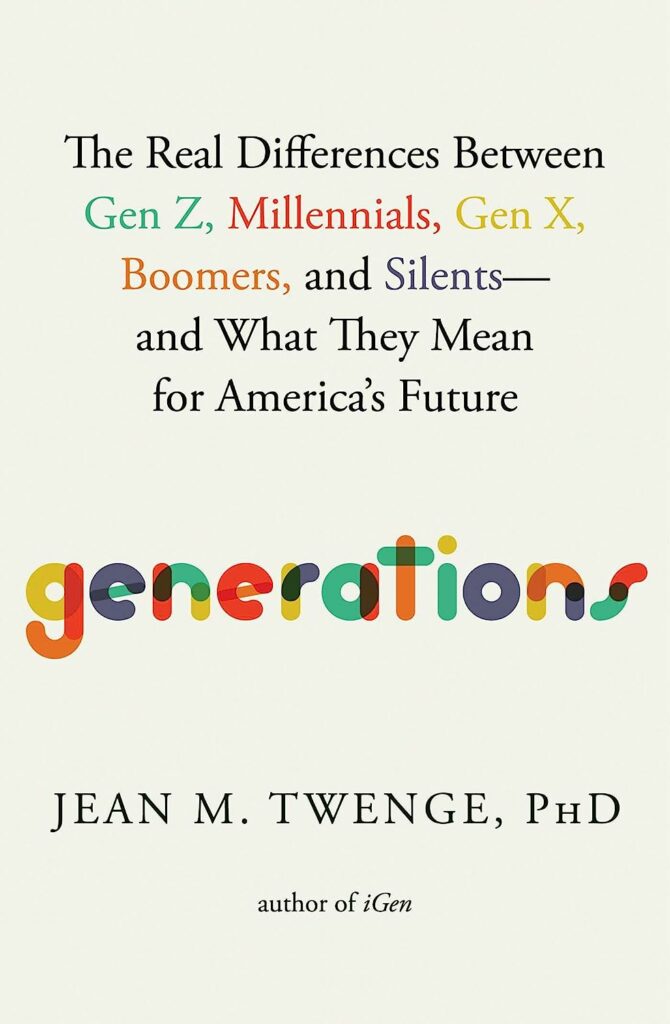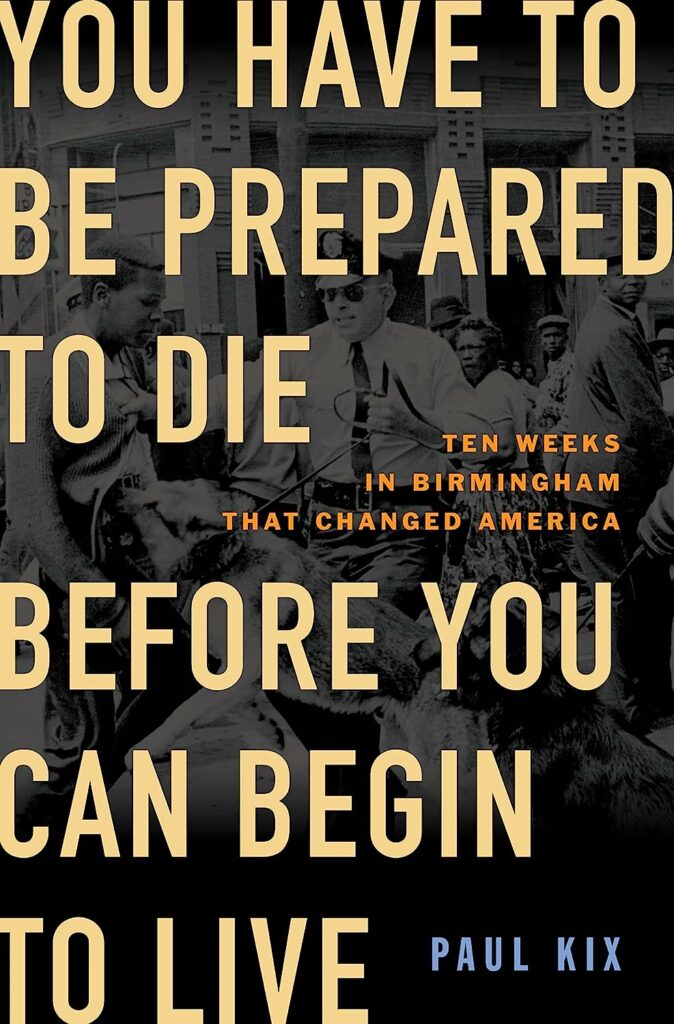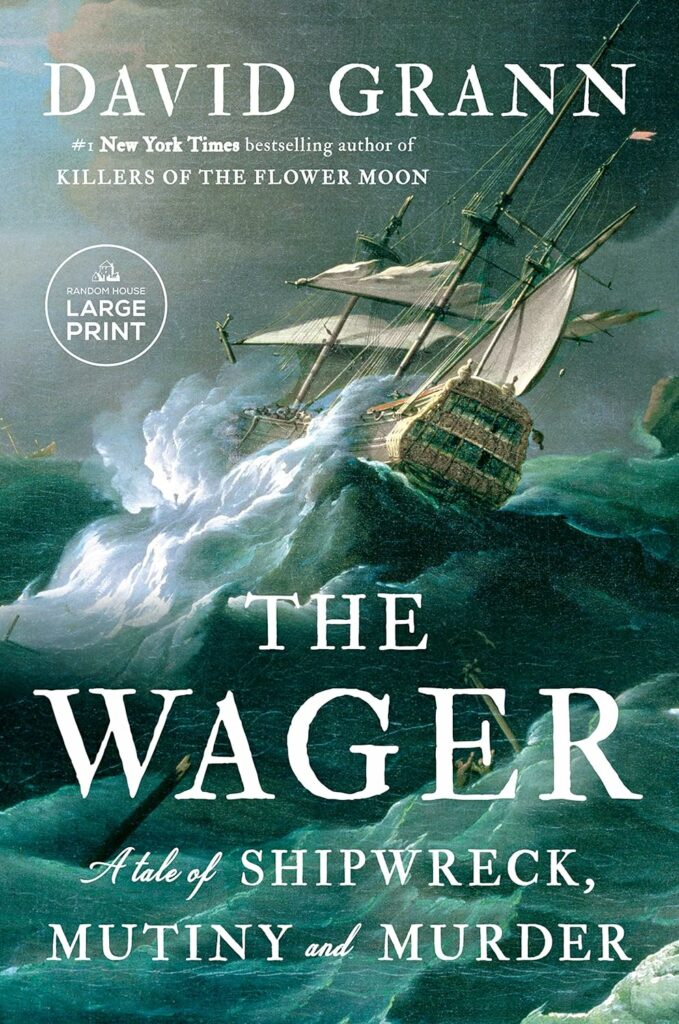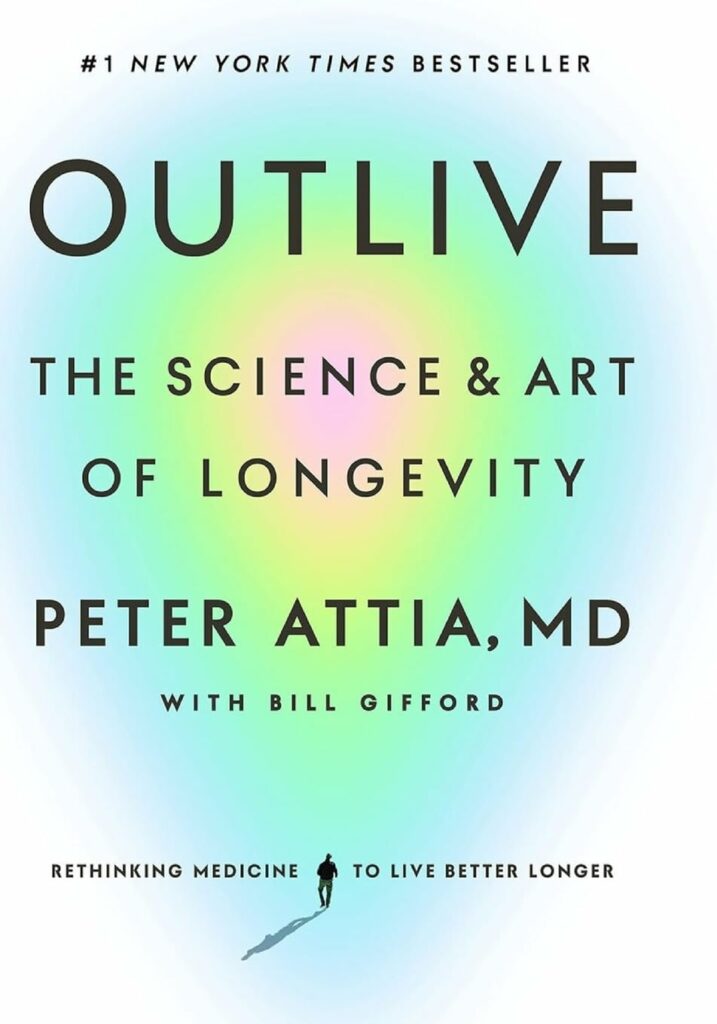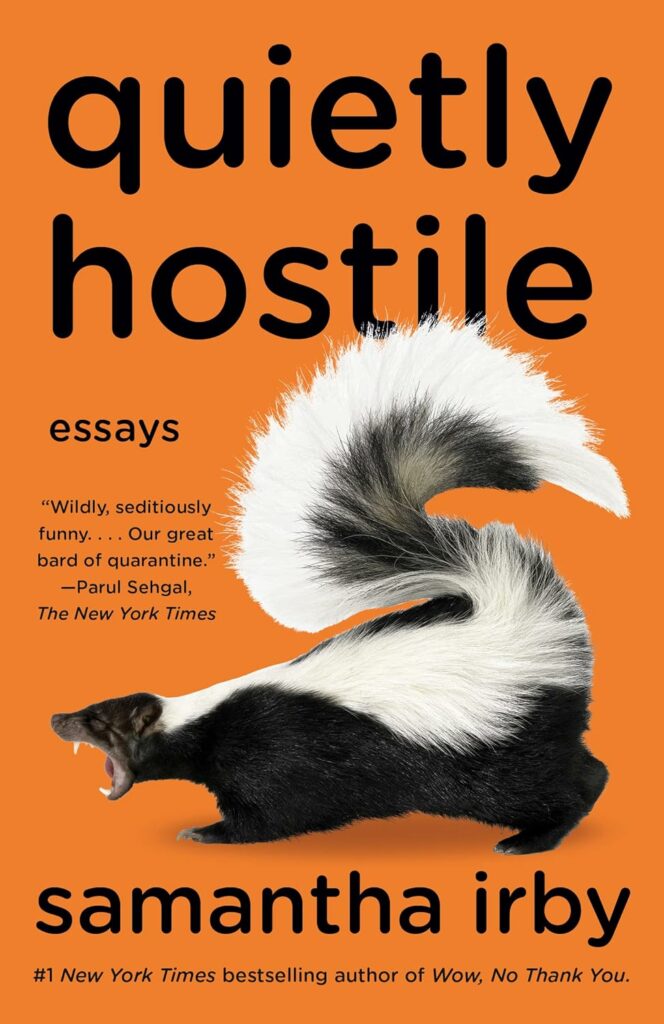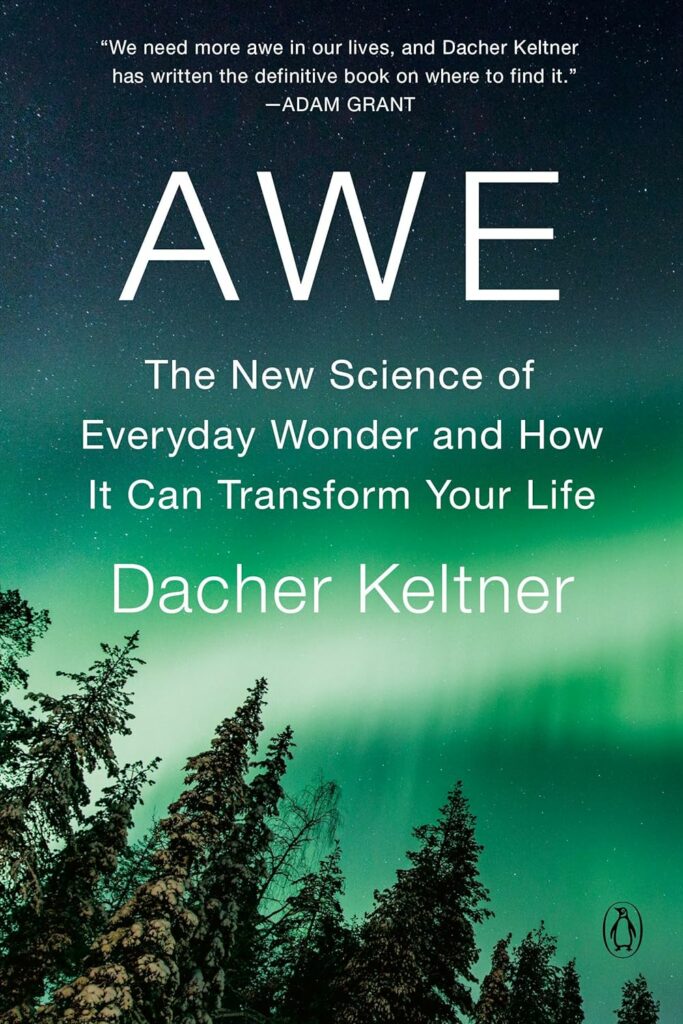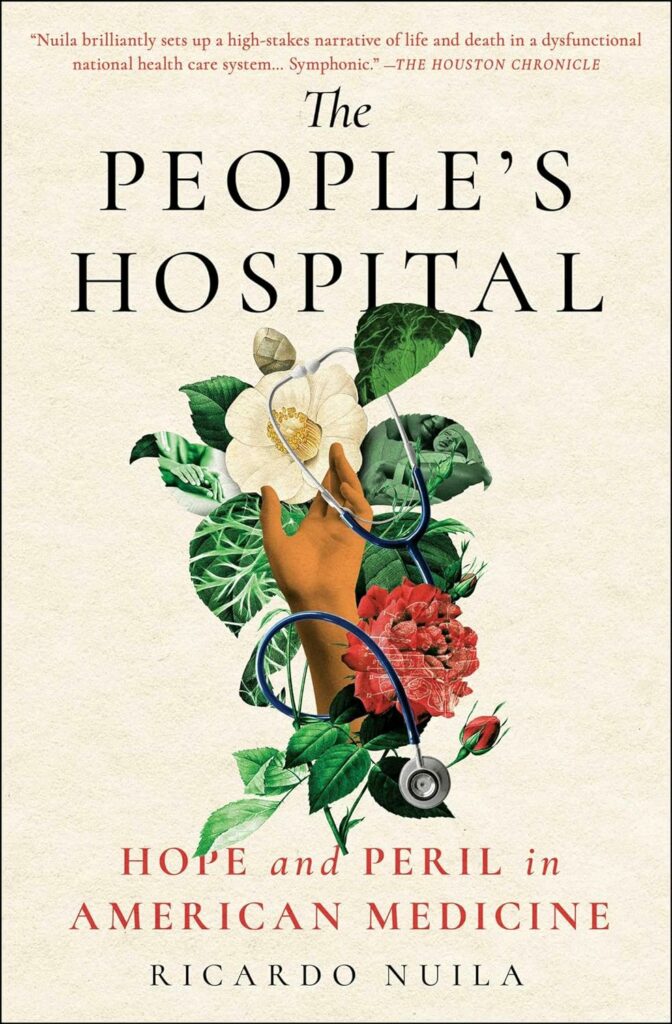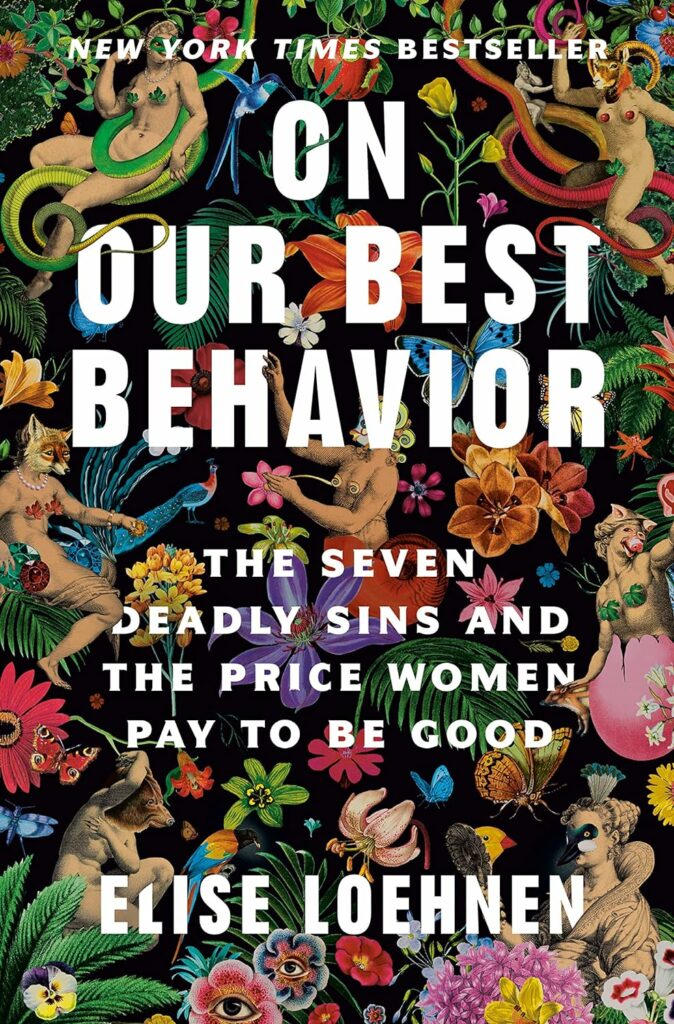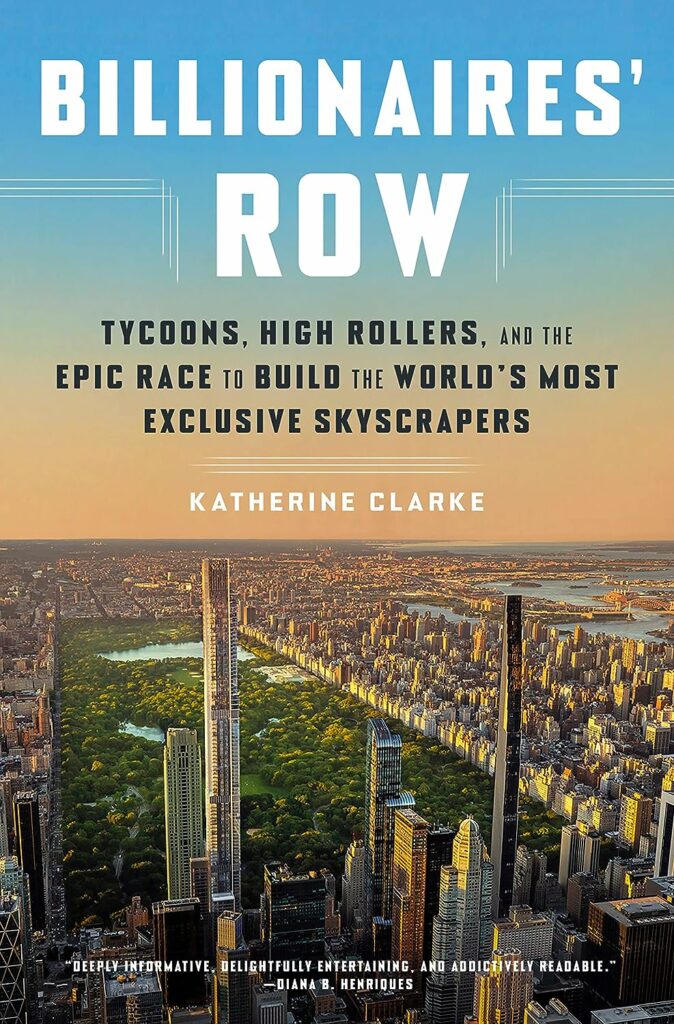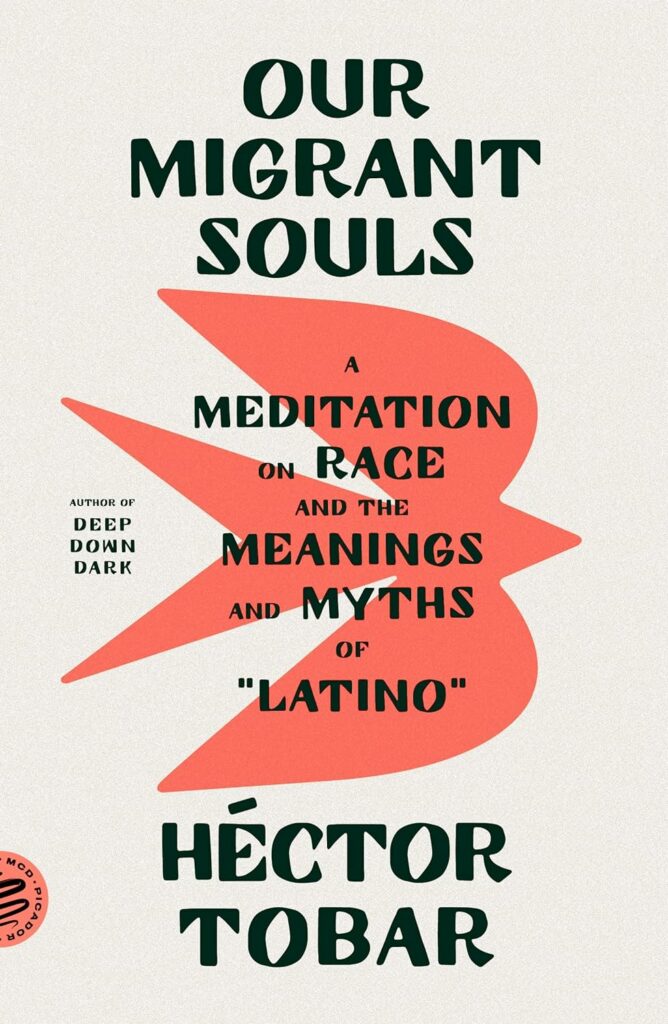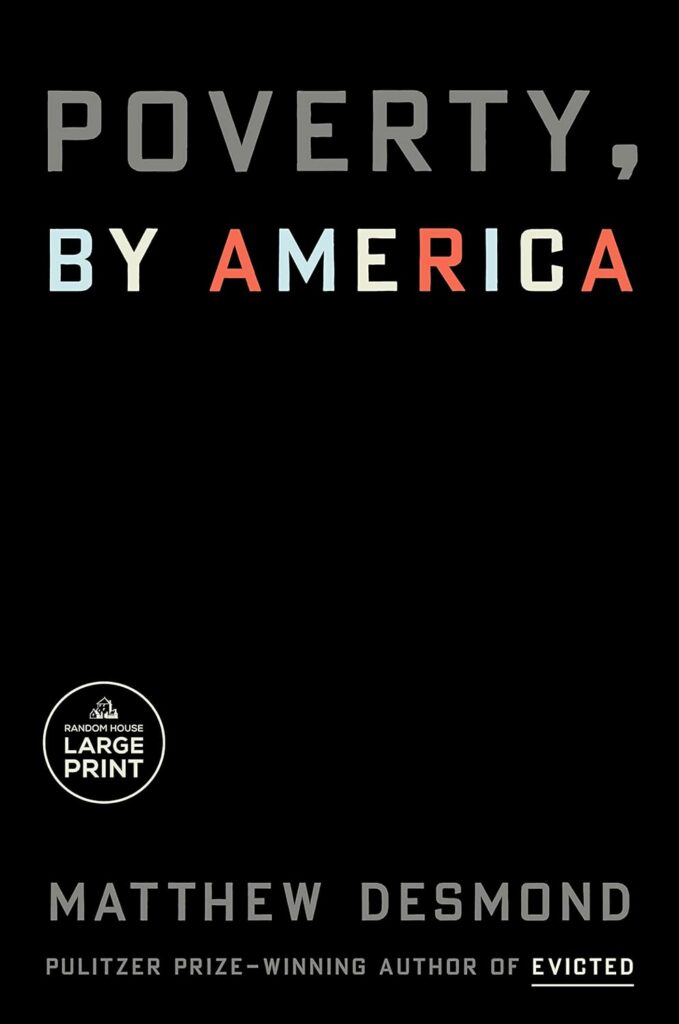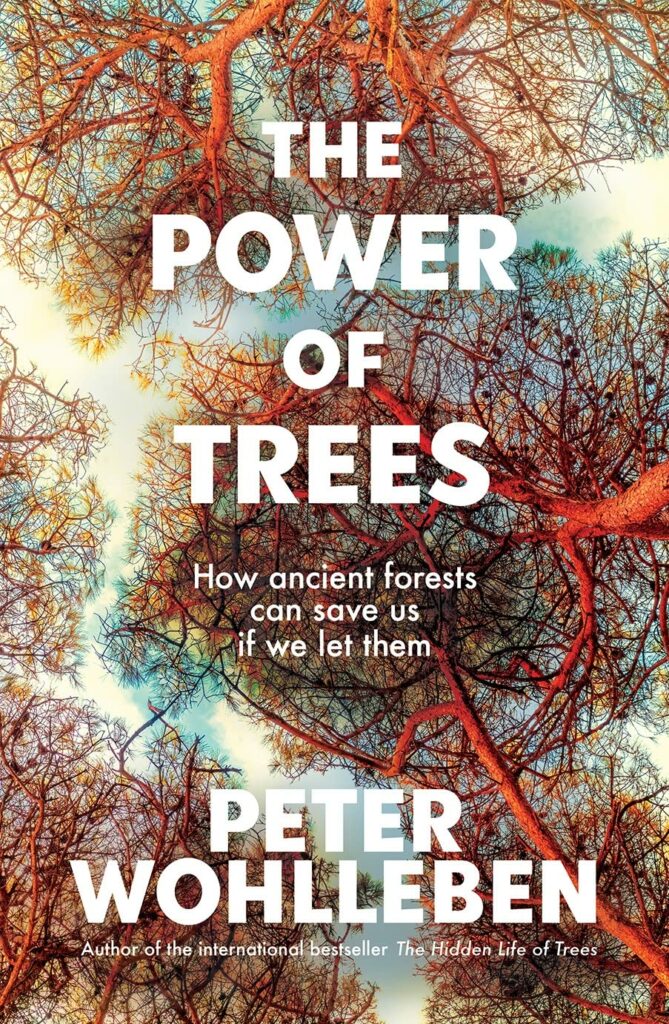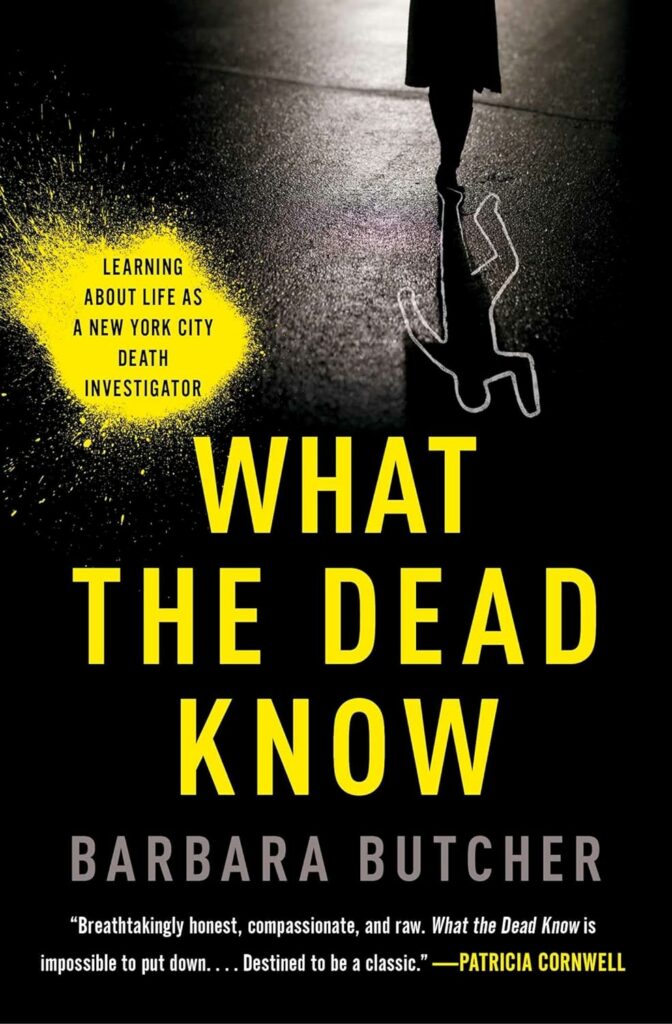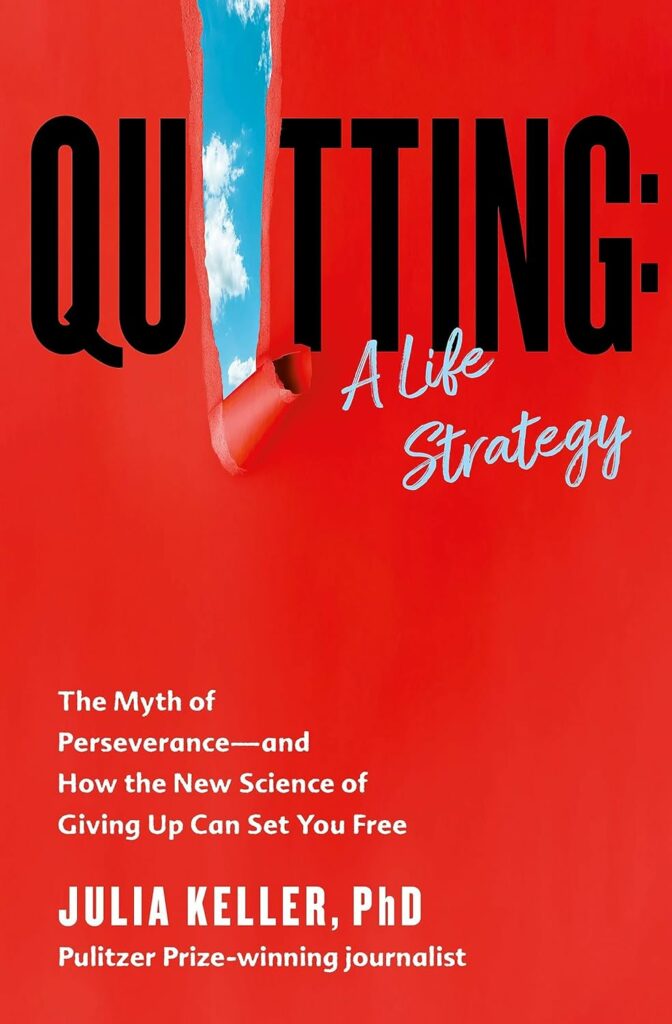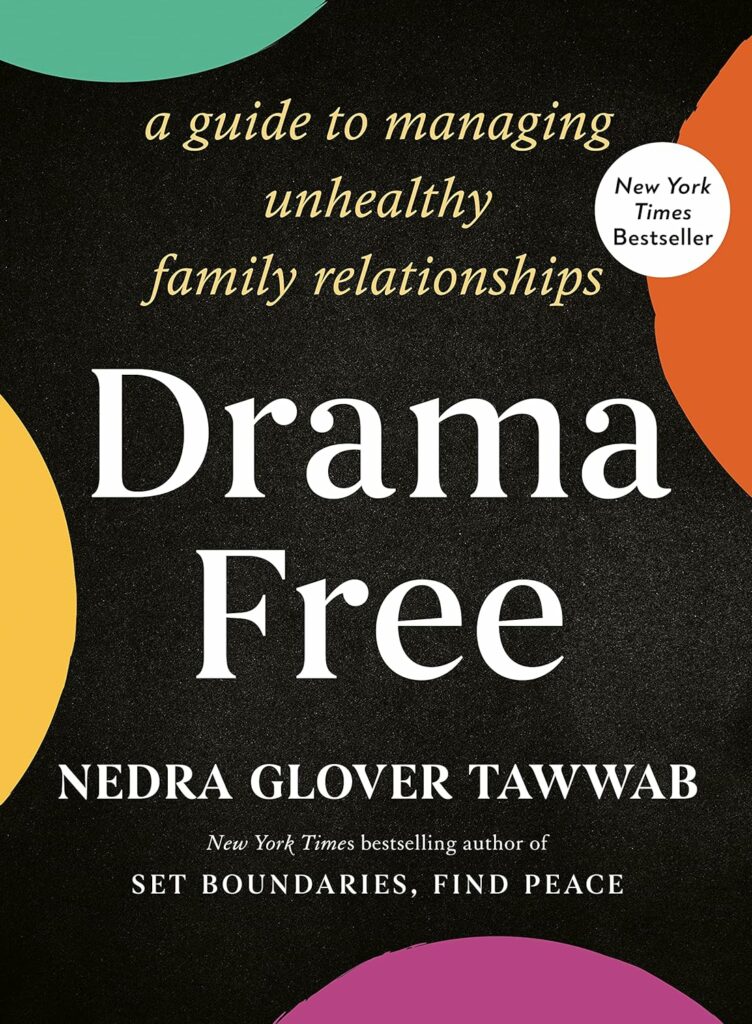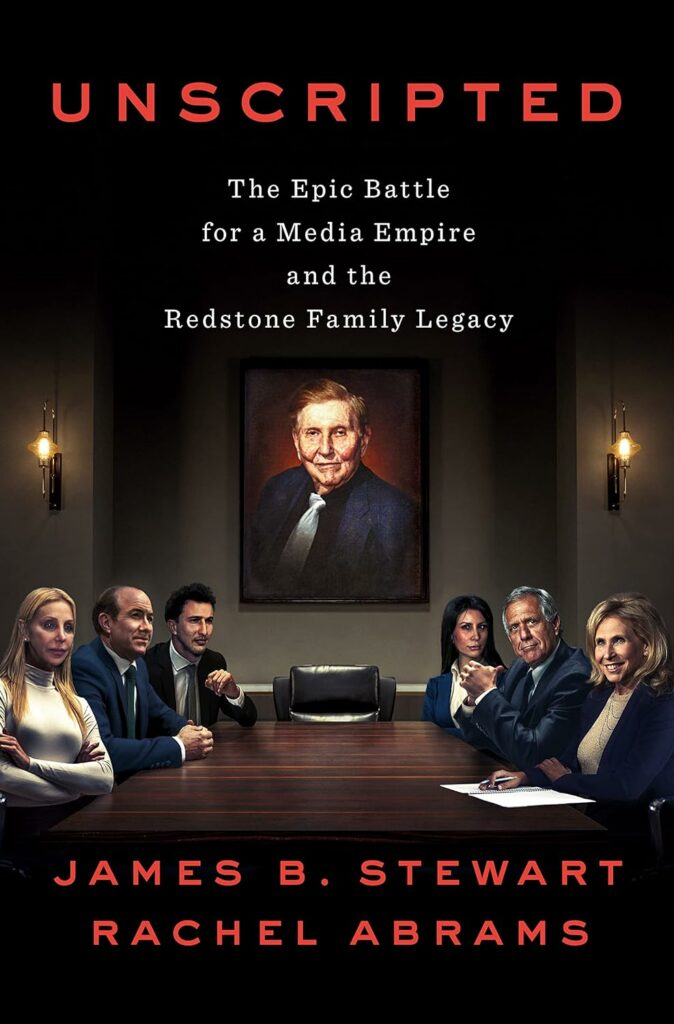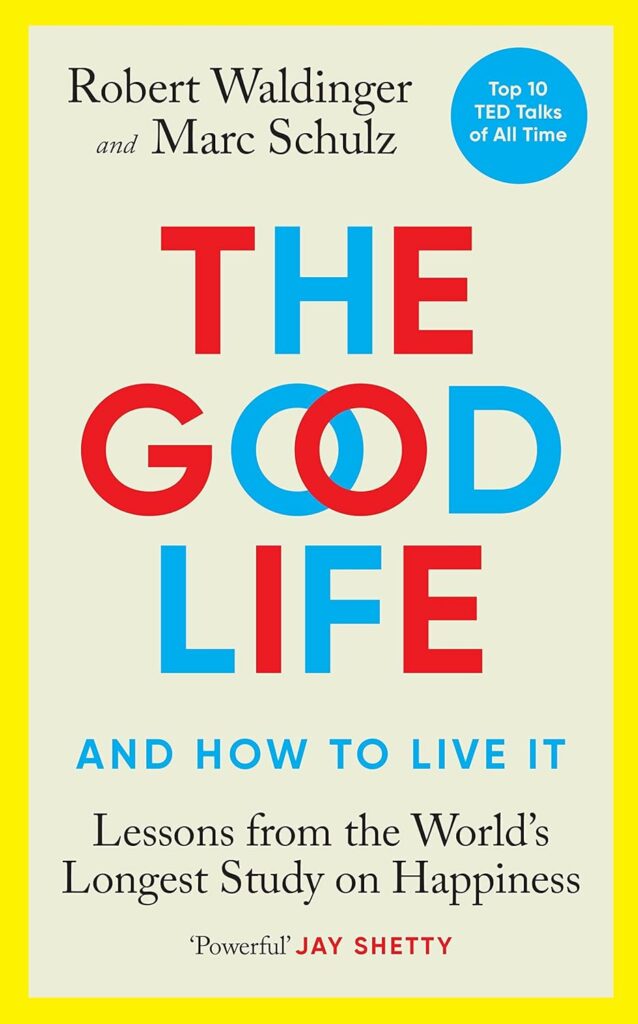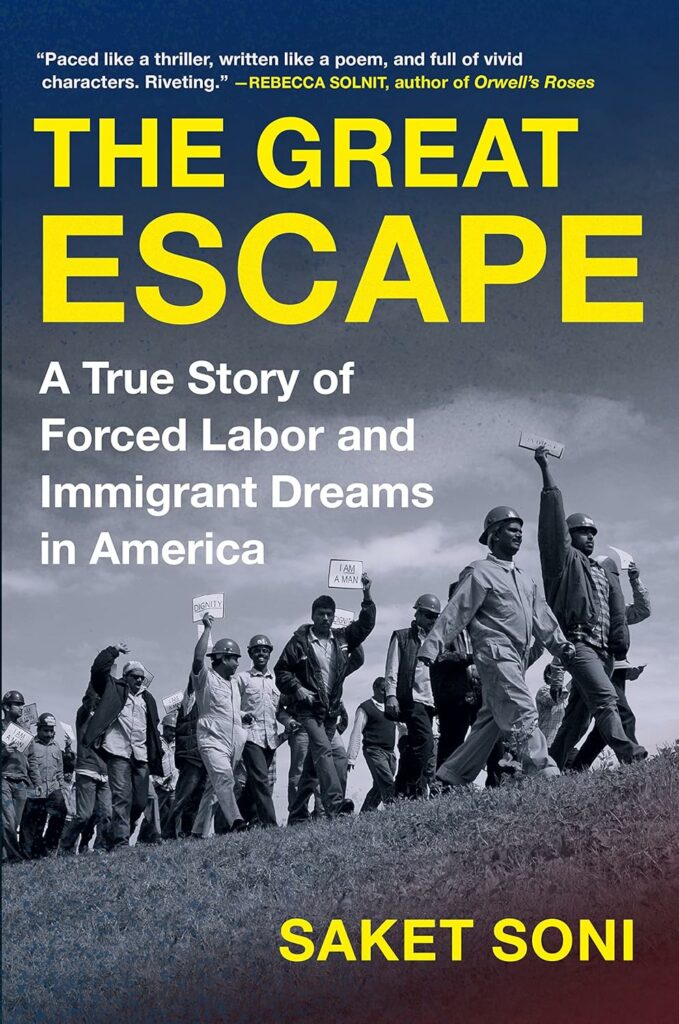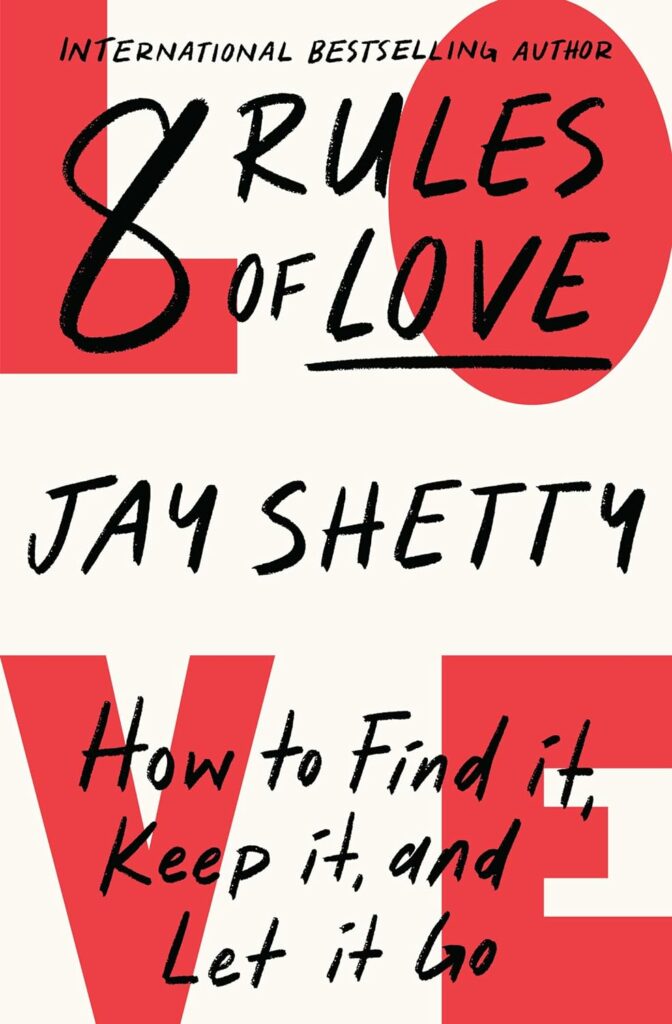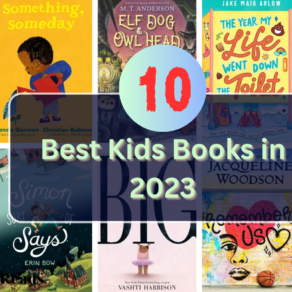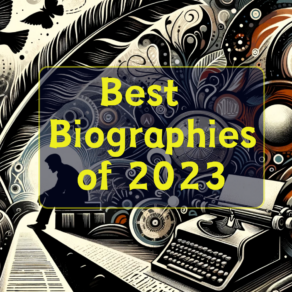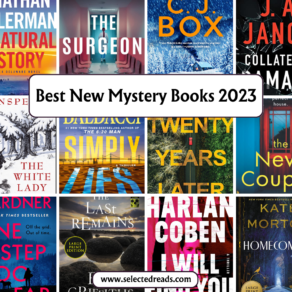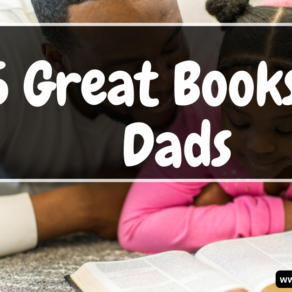I have recently started a series of post featuring the best books of 2023. I covered various categories which you can access in our section Best of 2023 in Books. In today’s post, the focus is on nonfiction books. It’s exciting to explore the rich array of nonfiction works that have captured the attention and acclaim of readers and critics alike.
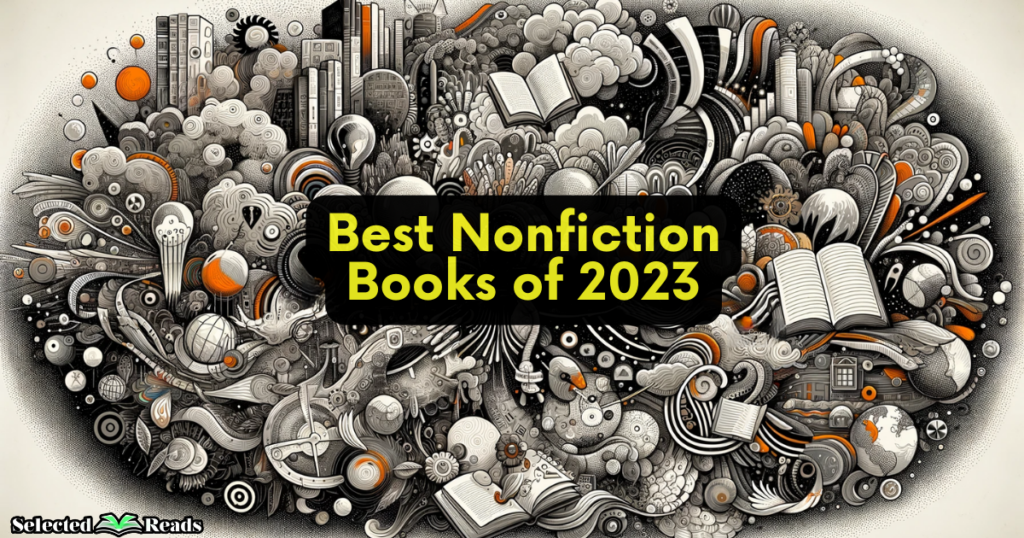
This curated selection of the best nonfiction books of the year is specifically chosen by Amazon Editors. These titles stand out not just for their compelling narratives and insightful analysis, but also for their ability to engage, enlighten, and provoke thought in readers.
From groundbreaking explorations of social issues to personal memoirs that offer profound insights into the human experience, these books represent the pinnacle of nonfiction writing in 2023.
Whether you’re a voracious reader seeking to expand your horizons or someone looking for that next great read, this list is sure to have something that will pique your interest and add depth to your understanding of the world around us.
Best Nonfiction Books in 2023
Let’s dive into these exceptional works that have earned the distinction of being the Best Nonfiction of 2023, according to Amazon Editors.
1. Generations: The Real Differences Between Gen Z, Millennials, Gen X, Boomers, and Silents, by Jean M. Twenge
In “Generations,” Jean M. Twenge offers an insightful exploration into the distinct characteristics and experiences of various American generations, from the Silent Generation to Gen Z. Twenge, a renowned psychologist, delves into extensive survey data to unravel the true nature of generational differences. She questions whether these distinctions are shaped more by historical events, like the Great Depression for the Silents or 9/11 for Millennials, or by the rapid technological advancements that have marked recent decades.
The book provides a nuanced look at each generation’s aspirations and challenges, examining the desires of Boomers and Silents, the middle-aged realities of Gen X, the parenting and professional ethos of Millennials, and how Gen Z’s formative years have been shaped by COVID-19. “Generations” is a thought-provoking read that challenges common stereotypes and offers a deeper understanding of intergenerational dynamics.
2. You Have to Be Prepared to Die Before You Can Begin to Live, by Paul Kix
Paul Kix’s “You Have to Be Prepared to Die Before You Can Begin to Live” revisits a pivotal moment in American civil rights history through a gripping narrative. The book focuses on the Southern Christian Leadership Conference’s ten-week campaign in 1963 Birmingham, Alabama, a crucial battleground in the fight against segregation. Kix provides an intimate portrayal of the campaign’s leaders – Martin Luther King Jr., Wyatt Walker, Fred Shuttlesworth, and James Bevel – and their strategic efforts during Project C.
Drawing parallels between historical and contemporary events, Kix connects the dots from the past to our present, emphasizing the enduring relevance of strategic activism. His storytelling, reminiscent of a thriller, not only recounts the history but also offers insights into its impact on today’s societal and cultural landscapes. This book is a vital read for understanding the roots of ongoing struggles for equality and justice.
3. The Wager: A Tale of Shipwreck, Mutiny and Murder, by David Grann
David Grann’s “The Wager” is a riveting account of survival, mutiny, and the darker aspects of human nature, set against the backdrop of the high seas. The story begins with the astonishing arrival of HMS Wager’s survivors in Brazil in 1742, following a harrowing journey after being shipwrecked off Patagonia. However, the narrative takes a dramatic turn with the emergence of a conflicting account from three other survivors, painting the first group as mutineers.
Grann masterfully reconstructs the events leading to the shipwreck, the ensuing anarchy among the crew, and the brutal struggle for power and survival. The book culminates in a gripping court-martial, where the truth is as elusive as it is critical, with life and death hanging in the balance. Grann’s storytelling prowess brings this historical episode to life with the intensity of a thriller, making “The Wager” a compelling read about human behavior in extreme circumstances.
Related: Best Biographies and Memoirs of 2023
4. Outlive: The Science and Art of Longevity, by Peter Attia
“Outlive: The Science and Art of Longevity,” authored by Petter Attia with Bill Gifford, delves into the fascinating intersection of science and lifestyle in pursuit of a longer, healthier life. The book is a comprehensive guide that explores the latest research and theories in longevity, blending scientific insights with practical advice. It examines how various factors, from diet and exercise to mental well-being and social connections, contribute to our lifespan. The author presents a balanced view, acknowledging the complexities and nuances in the science of aging. For anyone interested in the secrets to a longer life, “Outlive” offers a thoughtful and engaging journey through the science and philosophy of aging.
5. Quietly Hostile: Essays, by Samantha Irby
Samantha Irby’s “Quietly Hostile: Essays” is a candid and hilariously relatable collection that delves into the absurdities of modern life. Irby, with her signature wit and self-deprecating humor, navigates through a series of personal and often awkward experiences, from dodging Hollywood calls to the realities of life behind the curated images of social media. She tackles a range of topics, including health challenges, the quirks of pet ownership, and the everyday struggles of fitting in. Irby’s essays are a blend of humor and poignancy, offering a refreshingly honest take on the messiness of life. Her ability to find laughter in adversity makes “Quietly Hostile” a therapeutic read, resonating with anyone who’s ever felt a bit out of place in the world.
6. Awe: The New Science of Everyday Wonder and How It Can Transform Your Life, by Dacher Keltner
Dacher Keltner’s “Awe: The New Science of Everyday Wonder and How It Can Transform Your Life” is a groundbreaking exploration of an often-overlooked emotion. Keltner, delving into the science of awe, reveals how this profound feeling shapes our brains, bodies, and behavior. He examines awe’s role throughout history and across cultures, and its impact on our social connections, creativity, and well-being.
The book is a personal journey as much as it is scientific, with Keltner sharing his own experiences and revelations about awe. He argues that in a world increasingly divided and in crisis, cultivating a sense of awe can be transformative, fostering empathy, innovation, and a deeper connection to the world around us. “Awe” is a compelling read, offering practical insights on how to integrate this powerful emotion into our daily lives for greater fulfillment and understanding.
7. The People’s Hospital: Hope and Peril in American Medicine, by M.D. Ricardo Nuila
In “The People’s Hospital: Hope and Peril in American Medicine,” Dr. Ricardo Nuila offers a poignant and eye-opening look into the American healthcare system through the stories of five uninsured individuals in Houston. Nuila, drawing from his experiences at Ben Taub Hospital, presents a compelling narrative that challenges the notion that quality healthcare is only accessible to those with insurance. The book introduces us to diverse patients, each facing life-threatening conditions exacerbated by systemic barriers to healthcare.
Through their journeys, Nuila highlights the innovative model of Ben Taub, where patient care takes precedence over insurance status. This book is a powerful testament to the resilience of patients and caregivers alike, and a critical examination of the healthcare disparities that continue to affect many Americans. Nuila’s empathetic storytelling not only sheds light on the struggles within the system but also offers hope for a more equitable future in medicine.
8. On Our Best Behavior: The Seven Deadly Sins and the Price Women Pay to Be Good, by Elise Loehnen
Elise Loehnen’s “On Our Best Behavior” delves into the cultural norms and expectations that shape women’s behavior through the lens of the Seven Deadly Sins. Loehnen argues that these sins, deeply rooted in Christian doctrine, continue to influence women’s lives in a secular, patriarchal society. She explores how these ingrained mores lead women to undervalue their needs and desires, contributing to issues like the gender wealth gap and unequal negotiation power.
The book is a thought-provoking examination of how women internalize societal expectations and how this impacts their sense of self-worth and behavior. Loehnen combines personal narratives with historical and cultural analysis to challenge readers to rethink the concept of being “good” and to embrace a more authentic and liberated self.
9. Billionaires’ Row: Tycoons, High Rollers, and the Epic Race to Build the World’s Most Exclusive Skyscrapers, by Katherine Clarke
Katherine Clarke’s “Billionaires’ Row” is a riveting exploration of the ultra-wealthy and their impact on New York City’s skyline. The book chronicles the transformation of 57th Street into a haven for the world’s richest, driven by ambitious real estate developers and global investors. Clarke provides an insider’s view of this competitive industry, detailing the construction of extravagant high-rises and the complex dynamics of wealth, power, and ego that fuel this race to the sky.
The narrative is filled with intriguing anecdotes, showcasing the extremes of wealth inequality and the often-overlooked consequences of these architectural marvels. Clarke’s account is a compelling look at the intersection of real estate, wealth, and power in shaping urban landscapes.
10. Our Migrant Souls: A Meditation on Race and the Meanings and Myths of “Latino”, by Héctor Tobar
In “Our Migrant Souls,” Héctor Tobar offers a profound exploration of the Latino identity in the United States. Addressing young Latinos, Tobar dissects the historical, social, and cultural forces shaping this identity. He examines the impact of colonialism, public policy, and media representation, providing a nuanced understanding of Latinidad.
Tobar intertwines his personal narrative and his parents’ migration story, offering a rich, multifaceted perspective. The book is a compelling call to redefine Latino identity, moving beyond stereotypes and embracing a more inclusive and authentic understanding. Tobar’s work is a significant contribution to the conversation about race, identity, and belonging in contemporary America.
Related: Best Books of 2023
11. When the Heavens Went on Sale: The Misfits and Geniuses Racing to Put Space Within Reach, by Ashlee Vance
Ashlee Vance’s “When the Heavens Went on Sale” is a captivating narrative about the new space race, marked by Silicon Valley’s ambition and technological advancements. Vance chronicles the journey of pioneering companies like Astra, Firefly, and Rocket Lab, aiming to revolutionize space travel.
The book goes beyond the glamour of space tourism to reveal the intense competition, innovation, and challenges in making space accessible. Vance’s storytelling brings to life the eccentric characters and high-stakes endeavors of this modern space age. This book is an enthralling account of the ongoing quest to conquer space, offering a glimpse into a future where the cosmos is within our reach.
12. Poverty, by America, by Matthew Desmond
Matthew Desmond’s “Poverty, by America” is a critical examination of poverty in the United States, the wealthiest nation with a surprisingly high poverty rate. Desmond argues that American affluence is built on the exploitation and marginalization of the poor. The book delves into how societal structures and policies perpetuate poverty, from wage suppression to housing inequality.
Desmond’s compelling narrative combines research, history, and personal stories to illustrate the systemic issues that keep people impoverished. He advocates for a radical rethinking of poverty and presents a case for comprehensive reforms. This book is a powerful call to action, urging readers to engage in a collective effort to eradicate poverty and achieve shared prosperity.
13. The Power of Trees, by Peter Wohlleben
Peter Wohlleben’s “The Power of Trees” is an enlightening journey into the world of forests and their crucial role in combating climate change. Building on his previous work, Wohlleben critiques current forestry practices and highlights the importance of old-growth forests. He argues that forests are more than collections of trees; they are complex ecosystems essential for our planet’s health.
The book discusses how trees communicate, adapt to environmental changes, and pass knowledge to future generations. Wohlleben’s passionate advocacy for letting forests heal naturally is a compelling argument for conservation. His blend of scientific research and personal insights makes this book a fascinating read for anyone interested in understanding and protecting our natural world.
14. What the Dead Know: Learning About Life as a New York City Death Investigator, by Barbara Butcher
Barbara Butcher’s “What the Dead Know” offers a unique perspective on life and death through the lens of a New York City Death Investigator. Butcher, one of the first women in this role, recounts her experiences investigating over 5,500 death scenes, including homicides and the 9/11 attacks. Her narrative is a blend of professional bravado and personal vulnerability, revealing the harsh realities of her job and its impact on her life. The book provides an unflinching look at the world of forensic investigation, filled with gripping and often heart-wrenching stories. Butcher’s journey from battling alcoholism to finding purpose in her work is both inspiring and enlightening, offering readers a deeper appreciation for the complexities of life and death.
15. Quitting: A Life Strategy: The Myth of Perseverance, by Julia Keller
Julia Keller, in “Quitting: A Life Strategy,” challenges the glorified notion of perseverance, suggesting that sometimes, quitting is not only necessary but can be a profound act of self-care. Drawing from notable examples like Simone Biles and Prince Harry, Keller explores the cultural and neurological factors that make us hesitant to quit. She debunks the myth that grit and persistence are always virtues, arguing that quitting can open doors to personal breakthroughs and better mental health. The book is a guide to mastering the art of quitting, addressing the guilt associated with it, and understanding its impact on our public and personal lives. Keller’s narrative, enriched with scientific research and personal anecdotes, empowers readers to embrace quitting as a viable life strategy, reshaping their lives fearlessly and authentically.
16. Drama Free: A Guide to Managing Unhealthy Family Relationships, by Nedra Glover Tawwab
Nedra Glover Tawwab’s “Drama Free” is a deep dive into the complexities of family dynamics and the impact they have on our lives. Tawwab, a licensed therapist, offers insightful strategies for recognizing and breaking free from unhealthy family patterns. The book covers a range of challenging scenarios, from emotional neglect to dealing with relatives struggling with addiction or mental health issues. Tawwab’s compassionate guidance helps readers take control of their lives, encouraging them to honor their true selves amidst familial turmoil. This book is a valuable resource for anyone looking to navigate the often difficult waters of family relationships, offering practical advice for fostering healthier interactions and personal growth.
17. Unscripted: The Epic Battle for a Media Empire and the Redstone Family Legacy, by James B Stewart and Rachel Abrams
“Unscripted” by James B. Stewart and Rachel Abrams is a gripping narrative about the power struggles within Paramount Global, a massive entertainment empire. The book delves into the tumultuous period following the decline of the company’s founder, Sumner M. Redstone, highlighting the intense legal, familial, and corporate battles that ensued. It portrays the challenges faced by his daughter, Shari Redstone, in her quest to control the business amidst resistance from entrenched powers like Les Moonves of CBS. The authors provide an unvarnished look into the cutthroat world of media moguls, the impact of movements like #MeToo and Black Lives Matter, and the dramatic shifts in the entertainment industry. This book is a fascinating exploration of ambition, power, and the complexities of legacy in the modern media landscape.
18. THE GOOD LIFE, by Robert Waldinger
In “THE GOOD LIFE,” Robert Waldinger, director of the Harvard Study of Adult Development, presents groundbreaking insights into what constitutes a fulfilling life. Drawing from over 80 years of research, Waldinger and co-author Marc Schulz argue that true happiness and fulfillment are not rooted in financial success but in the quality of our relationships.
The book combines scientific rigor, real-life stories, and practical wisdom to demonstrate how our well-being is within our control. It’s a compelling narrative that challenges conventional notions of success, emphasizing the profound impact of our connections with others on our overall happiness and life satisfaction.
19. The Great Escape: A True Story of Forced Labor and Immigrant Dreams in America, by Saket Soni
Saket Soni’s “The Great Escape” is a harrowing yet inspiring account of one of the largest cases of human trafficking in modern American history. The book recounts the plight of five hundred Indian migrant workers in Mississippi, lured by false promises of good jobs and green cards, only to find themselves trapped in appalling conditions. Soni, an Indian-born community organizer, narrates their courageous escape and their fight for justice, culminating in a hunger strike in Washington, D.C.
This book is not just a tale of exploitation and resilience; it’s a critical look at the broader issues of immigrant labor and the systemic challenges they face in the United States. Soni’s personal journey intertwined with the workers’ struggle offers a poignant and eye-opening perspective on modern labor and immigration issues.
20. 8 Rules of Love, by Jay Shetty
Jay Shetty’s “8 Rules of Love” is a transformative guide that delves into the complexities of romantic relationships. Shetty, building on the wisdom from his bestselling book “Think Like a Monk,” offers a fresh perspective on love, backed by Vedic wisdom and modern science. He addresses the entire spectrum of a relationship, from the early stages of dating to the challenges of breakups and starting anew.
Shetty’s approach is practical and insightful, providing actionable steps for nurturing and sustaining love. He tackles common misconceptions and provides clarity on what love truly means, helping readers navigate their relationships with wisdom and understanding. This book is a valuable resource for anyone seeking to deepen their understanding of love and improve their romantic relationships.
Related: 10 Best Kids Books in 2023
Final thoughts
I hope you enjoyed exploring this list of best nonfiction books of 2023 as much as I did curating it. Indeed, as we reflect on these diverse and thought-provoking titles, it’s evident that the power of nonfiction lies in its ability to connect us more deeply with the realities of our world and the complexities of the human experience.
Whether you’re drawn to the introspective journey of personal transformation, the critical examination of social structures, or the captivating tales of historical events, there’s something in this list for every curious mind.



